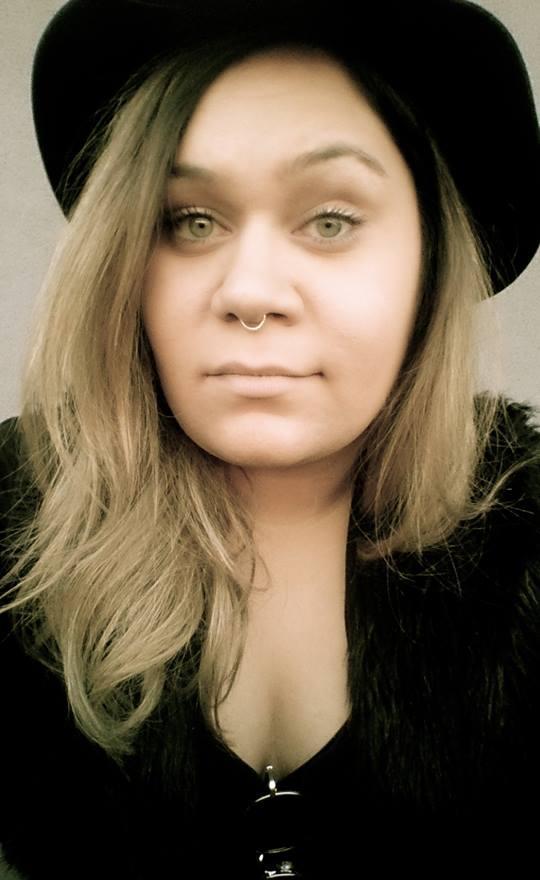Maylene Slater-Burns (Kamilaroi and Djungan)

Who are you and where do you come from?
My name is Maylene and I’m from Naarm (Melbourne) on Kulin country.
Tell us what growing up was like for you?
My childhood was adventurous, full of love and a bit wild. I feel very lucky to have grown up surrounded by my family, cousins, Aunties and Uncles – I think it’s important to point out that myself and our family are living and working off country and we have made a home here, proudly calling ourselves the Victorian/Melbourne mob. Our family was led by my Pop, Tom Slater before his passing in 2006. I always try to pay tribute to the journey of my Mum and Dad that led our family to live in this deadly city. It’s our home. Growing up for me was about community, our culture and our family – I grew up playing netball and basketball, going on road trips to carnivals and running around at the Aboriginal Advancement League and the health service on the school holidays.
Who are the women that inspire you?
My family inspires me. We are a family full of women! (#SlaterGirls) We have my Mum Sharon, my Aunties Denise and Narelle, my sisters Marjorie and Melissa and my cousins Clarisse, Merinda and Evelyn. They always inspire me as we grow together. Other inspiring women I look up to are Antoinette Braybrook, Maya Angelou, Aunty Muriel Bamblett, Nina Simone, Nan Elizabeth Hoffman, Lidia Thorpe and in all honesty, my sistas. They are my heroes.
What does self-determination mean to you?
To me, self-determination is about our community making decisions for our community. It’s being able to empower one another to achieve changes that were only dreamt of decades ago, with our own leaders paving the way. Self-determination to me is being able to live my life in my community knowing that Aboriginal and Torres Strait Islander people are in positions of power that directly uphold the sovereignty of the land, connection to our culture, keeping our children safe and empowered to achieve their own dreams. It is black business. And it is strong black business.
What does NAIDOC Week mean to you?
NAIDOC is the big week of the calendar. Every day, I am proud to be a blackfulla but I am especially proud during this week because I get to see our mob from everywhere gathering at our community events and I get to share my culture with my non-Indigenous brothers and sisters. NAIDOC to me is honouring my ancestors and their story, reflecting on the achievements of our people whilst living in two worlds and celebrating every deadly thing we can about who we are.
Can you please tell us about the work you do in Community?
In community, I work for the national peak body representing the rights of our children (SNAICC) – I run Children’s Day, assist in communications and outside of this, I like to sing. When working on the national level, I learn about the all kinds of issues that our communities are going through each day. I get to reach out to mob all across Australia. When SNAICC’s work gets too heavy – and it does – I get to sing and it’s usually at a community event. I’ve been on the board at Songlines Aboriginal Music Corporation for 5-6 years. I love making and supporting music. Sometimes everything doesn’t really feel like work, I’m finding ways to heal as a young woman and helping steer a conversation that puts healing first. I believe that we can heal each other and ourselves. Music is healing and working for our children is healing for me.
What future would you hope for young Aboriginal women?
In the future, I hope that our young women are leading in all levels of government, in senior management positions in education, health and sport all across Australia. In the near future, I hope that our young women are loved, kept safe, healing, marching, speaking up, and continuing to break down the barriers set against us. In the near future, I hope that our young women can truly see how smart and beautiful they are – just the way they are. As for our people, we could always face disadvantage in comparison to our non-Indigenous sisters, but the one thing that we have is our culture and connection to our land. One day, I hope to see a young black female Prime Minister of Australia.
